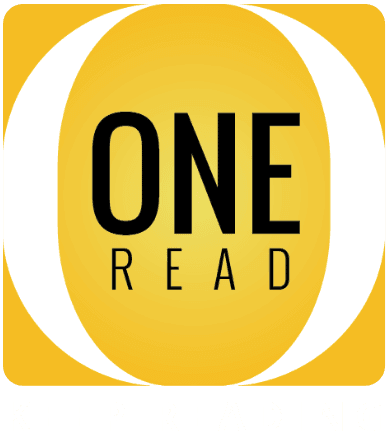
The new dawn of technologies has given immense impetus to the digital eBook publishing industry. While there are numerous formats out there which have brought ease to the process of content creation and distribution, there are differences in preferences of stake holders. In case of indie publications, some publishers may rely on alternative standards and technologies, however it may result in low audience penetration. On the flip side, formats like ePUB have resonated well in different topographies of the digital publishing industry and serve as a better prospect both financially and reach-wise.
The shortcomings of alternative routes to digital publishing
Let us consider the case of a newbie digital eBook publisher, having both expansion and earning profits in mind. If the publisher chooses alternative formats for creating content due to lack of investment, reaching the audience may be a difficult task and also integrating different forms of content may not yield full satisfactory results.
Also marketing wouldn’t be as easy as one would expect because building a platform for product distribution from scratch is difficult on meagre finances. To add to publishers troubles, security threats affect everyone from small-time publishers to corporates. There is always a risk to lose content to malicious attacks, unauthorized access and distribution.
Consensus makes a difference
If the same digital publisher, adopts a different dynamic approach, things are less likely to go towards a dead-end. Using globally accepted formats for content distribution is only going to increase ease of access for consumers and in turn make it easier to reach diverse audiences resulting in quality engagement.
As far as the issue of lack of investment goes, instead of having to build an app from scratch choosing a white-labelling platform is an exponentially better option. It also goes well for publishers of all scales and can be readily considered by anyone facing shortage of funds. Another benefit of this approach is the time publishers are able to save, as developing a digital publishing product is a time taking process and may not always end in one’s expected duration.
Using a standardized digital content publishing platform like OneRead, shields publishers from all sorts of security risks. Using the widely accepted way of encryption and credential based distribution, piracy can be averted. With OneRead, a publisher can implement a particular revenue model to full effect, ensuring that can earn profit from their content without losing it to unauthorized access bootlegging.
In conclusion standard solutions overall serve as a better route for digital publishers of all levels in comparison to other alternative platforms and solutions, especially for indie publishers in order to reach out to a bigger range of audiences.
Get in touch!
Are you looking to turn your digital publishing efforts into a full-fledged profitable business? OneRead is the perfect platform to help you achieve it! To know how, write to us at info@one-read.com




